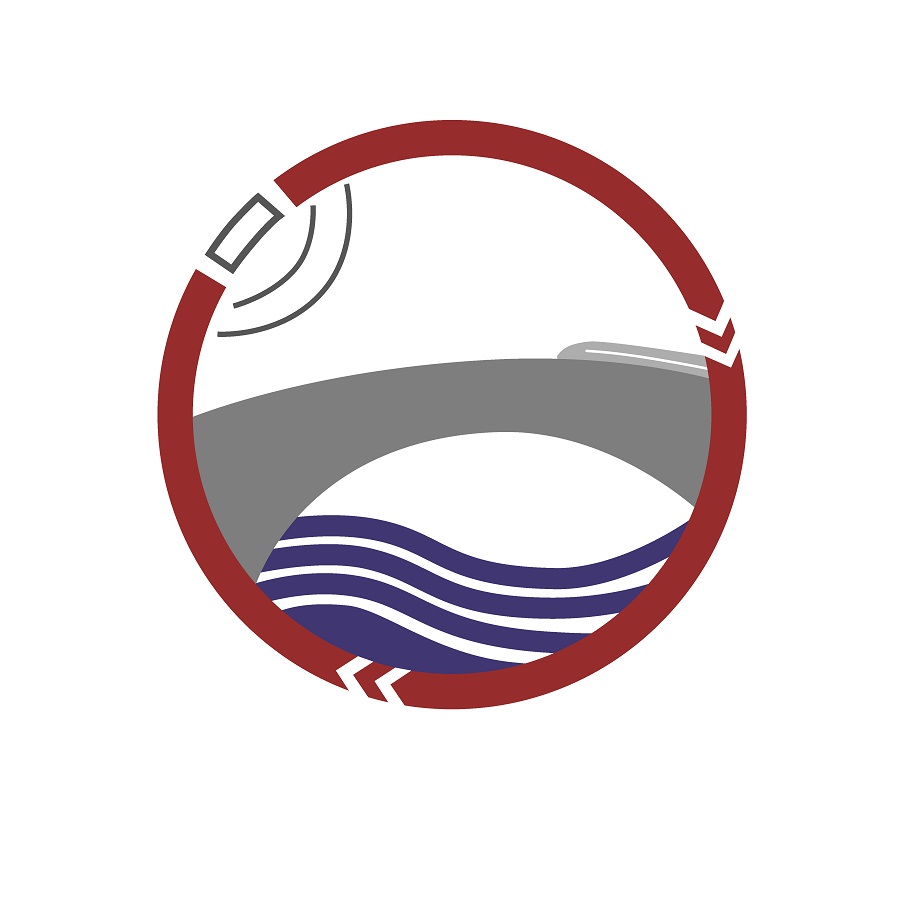Civil engineering and geodesy – a fully-fledged geodesy degree programme
What is a geodesist?
As a geodesist, you measure, analyse, and visualise our world and how it is changing. To do this, you use state-of-the-art digital measuring systems that observe the world with the highest precision, starting from global scales down to the smallest sections, often only a few mm in size. The use of remote sensing systems, but also drones and laser scanners and sub-millimetre accurate special sensors are part of your measurement competence. You visualise and analyse the results with the help of geoinformation systems and Building Information Modelling methods, e.g. as 3D building or city models. You change and shape the world with land management methods (e.g. urban development planning and its implementation taking into account economic, ecological and social aspects). You are therefore an interdisciplinary engineer. From “Technology & Industry” and “Climate & Environment” to “Land & Soil” and “Apps & Mobility” – the profession is just as complex as the topics you deal with.
Why study geodesy at TU Darmstadt?
If you study the six-semester B.Sc. degree programme in Civil Engineering and Geodesy offered here, with the specialisation Geodesy , you will be taught all the basic skills needed to work successfully in the professional field described above. In addition, our degree programme gives you the opportunity to set your own subject specialisations in combination with other civil engineering specialisations or the degree programmes in environmental engineering or industrial engineering. In any case, you will study directly in an interdisciplinary environment, as you will regularly meet students from other degree programmes in the individual modules of the geodesy specialisation.
Bachelor's thesis
At the end of their studies, students show with their Bachelor's thesis that they can independently work on a problem from the field of geodesy using scientific methods.
The details of the degree programme can be found in the study regulations and the module handbook. They can be found on the download pages of the Office for Student Affairs of the Department of Civil and Environmental Engineering. The semester course and examination schedule are also stored there.

Student Advisory Service
You will have a mentor at your side who will support and advise you in this matter. This will make your individual study plan a success.
Application and admission
Information on application and admission can be found on the main pages of the TU.











